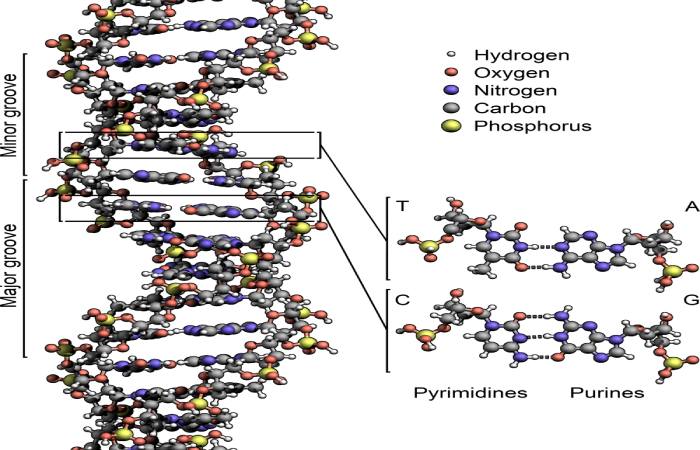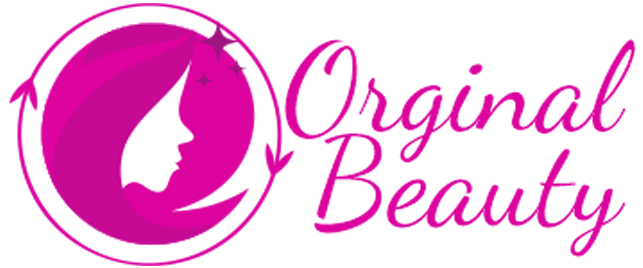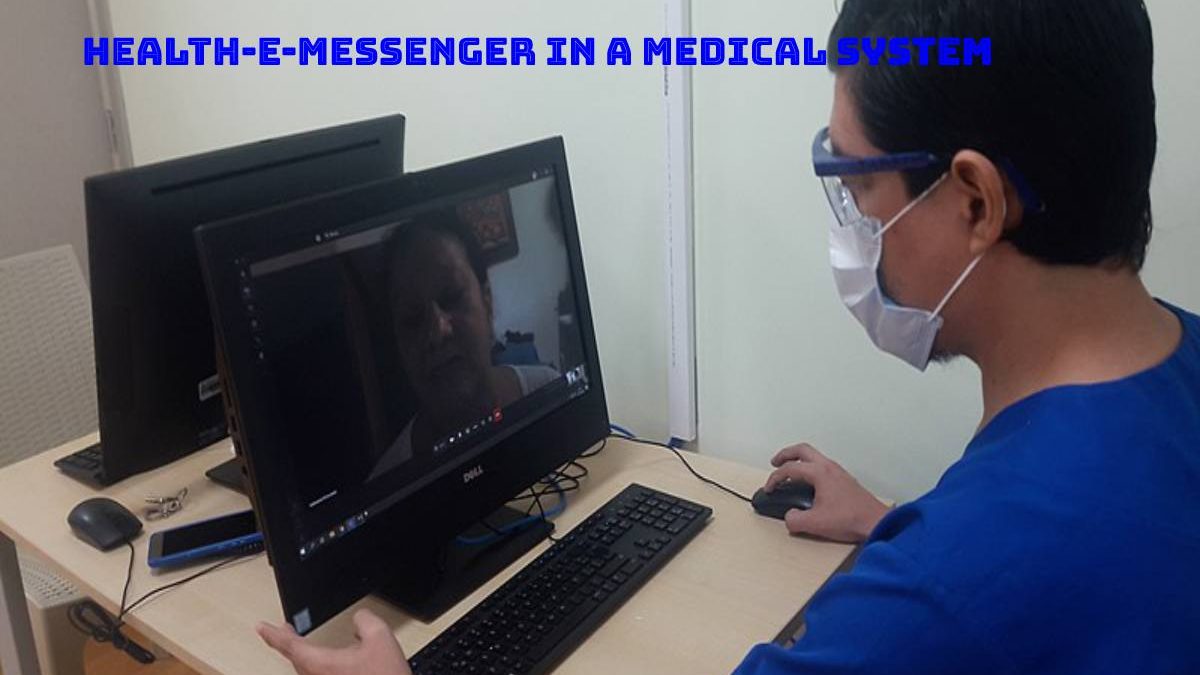Introduction
Contacting the personnel at Student Health and Counseling Services is simple! With the help of Health-e-Messenger, you may simplify and improve communication with your medical and mental health professionals and other SHCS personnel. It is a safe and private method to talk to someone about your mental health and non-urgent healthcare concerns.
Discovering Health-e-Messenger Medical Systems
A common Health-e-Messenger reference information model is desired from a national standpoint since the EHR concept must serve as the centrepiece for creating a SoSAF for the country’s health system. Such a framework identifies how the various systems may cooperate most effectively to achieve ecosystem goals while taking into account the specifics of each system and how it affects the functioning or performance of the ecosystem.
Such systems may be referred to as “learning health systems” or defined as such. Participants in the 2007 IOM workshop underlined the requirement for “universal electronic health records” to support “extensive deployment and successful use of the complete capabilities offered in Health-e-Messenger ” as a necessary condition for developing the learning healthcare system.
Using Health-e-Messenger, you may
- Schedule appointments for vaccination clinics, COVID-19 testing, nutrition, and eye care.
- Communication from your provider will be safe.
- Obtain a refill on a prescription.
- Fill out your health information form online.
- Fill out your vaccination and health history.
- View your vaccination record
- Fill out surveys for pre-visit appointments.
- Obtain your lab findings.
- Check out and print invoices
- Check the Medical and Counseling Appointments page
- Inquire COVID-19 well-being inquiries: After logging in, go to Messages > New Message > COVID-19 Concerns in Health e-Messenger.
Solitude and discretion
More specific information, like appointment dates, lab results, and a history of messages with your providers, will be visible to anybody with your Health-e-Messenger login information and password. Additionally, they have access to specific visit-specific notes from your doctor. For additional information on protecting your health information, for example: see our page on handling privacy and confidentiality in the healthcare industry.
Campaigns using Health-e-Messenger
Healthcare practitioners may benefit from a patient-centric suite of wellness and health campaigns using Health e-Messenger, which will encourage outreach for critical health reminders.
Operational campaigns:
Get in touch with patients to remind them of missed appointments or to wish them a happy birthday.
Remind patients of forthcoming doctor visits and get confirmation status that syncs with the resource scheduling by sending appointment reminders.
Clinical order campaigns:

Enable patients to view lab reports, results of diagnostic imaging tests, alerts on their prescriptions, and more.
Custom campaigns:
Reach out to patients per your specific practice criteria.
Notifying patients about reminders and past-due tests for certain high-risk illnesses like diabetes and hypertension is part of disease management and quality measures.
Engage patients with post-visit questionnaires to get their opinions following an experience.
Wellness and prevention:
Remind patients overdue for crucial wellness-related tests or vaccinations, such as reminders for the flu season or breast cancer screenings.
Greater Awareness of Your Patients Enrolled
You can learn more about your patient group with Messenger Analytics.
Keep track of the success of your campaign.
Adapt the campaigns in light of the feedback you get
Create campaigns that are more useful for patients and productive for your business.
Conclusions and future directions for the development of mobile medical information systems
Different smart healthcare systems, including home healthcare, Health-e-Messenger, m-Health, ubiquitous health, hospital management, and others, are made possible by the convergence of IoT architecture. IoT needs security features, including data security, message integrity, content integrity, privacy, authentication, and authorization. Security is typically a need whenever network communication is needed (Ray, 2016). Device-to-device (D2D) communication may be subject to various security risks, including data manipulation, fabrication, and invasion of user privacy. These security problems might lead to harmful user activity and significantly impact the user experience. Customers may also get dissatisfied if the offerings are erratic or if they must wait a long period to share information. With the improvement in healthcare data security, gaining consumers’ confidence becomes possible. As a result, MMIS-DLC must be updated to include security assessment.

